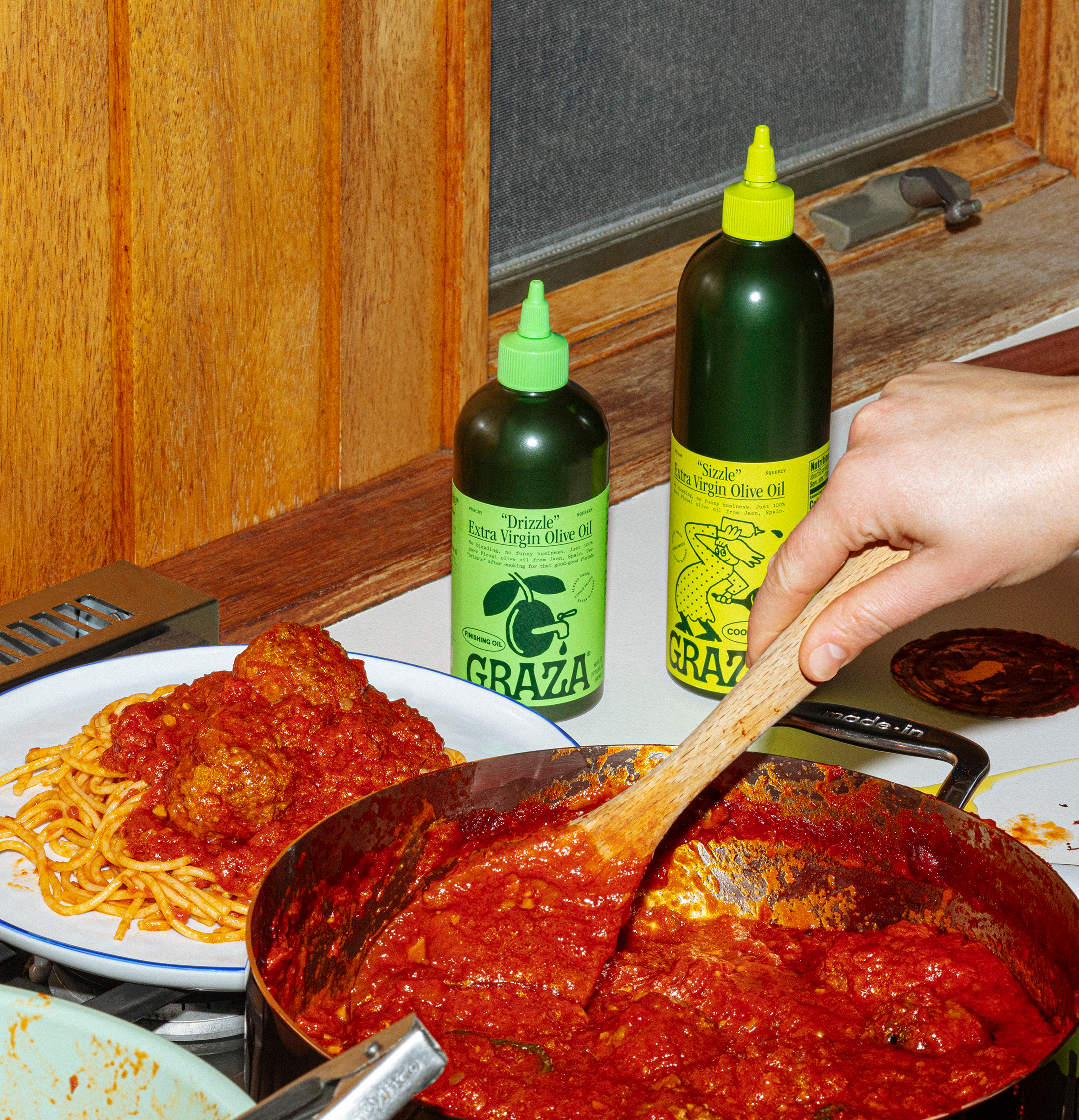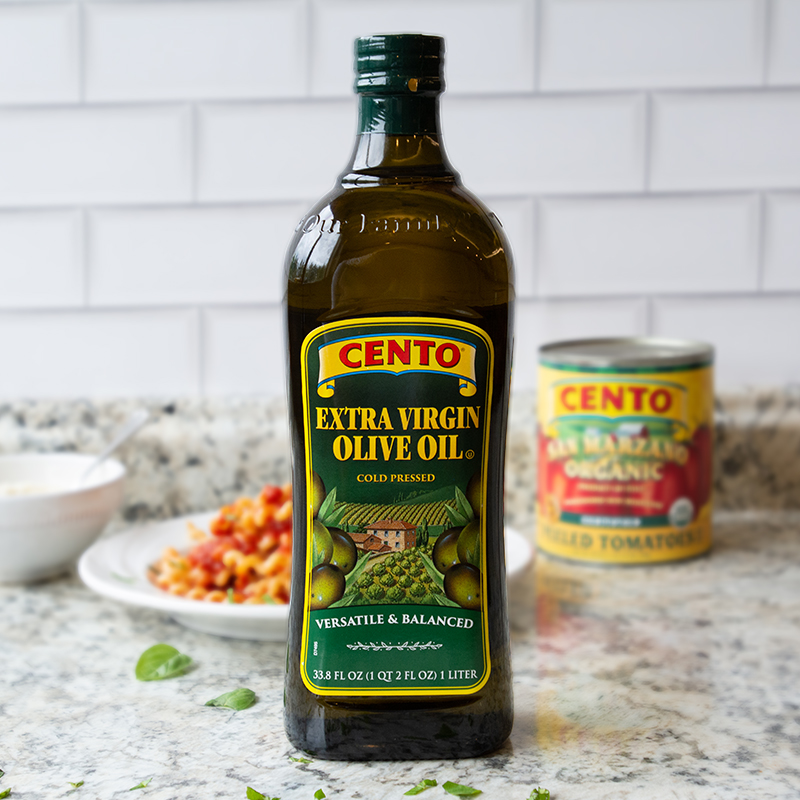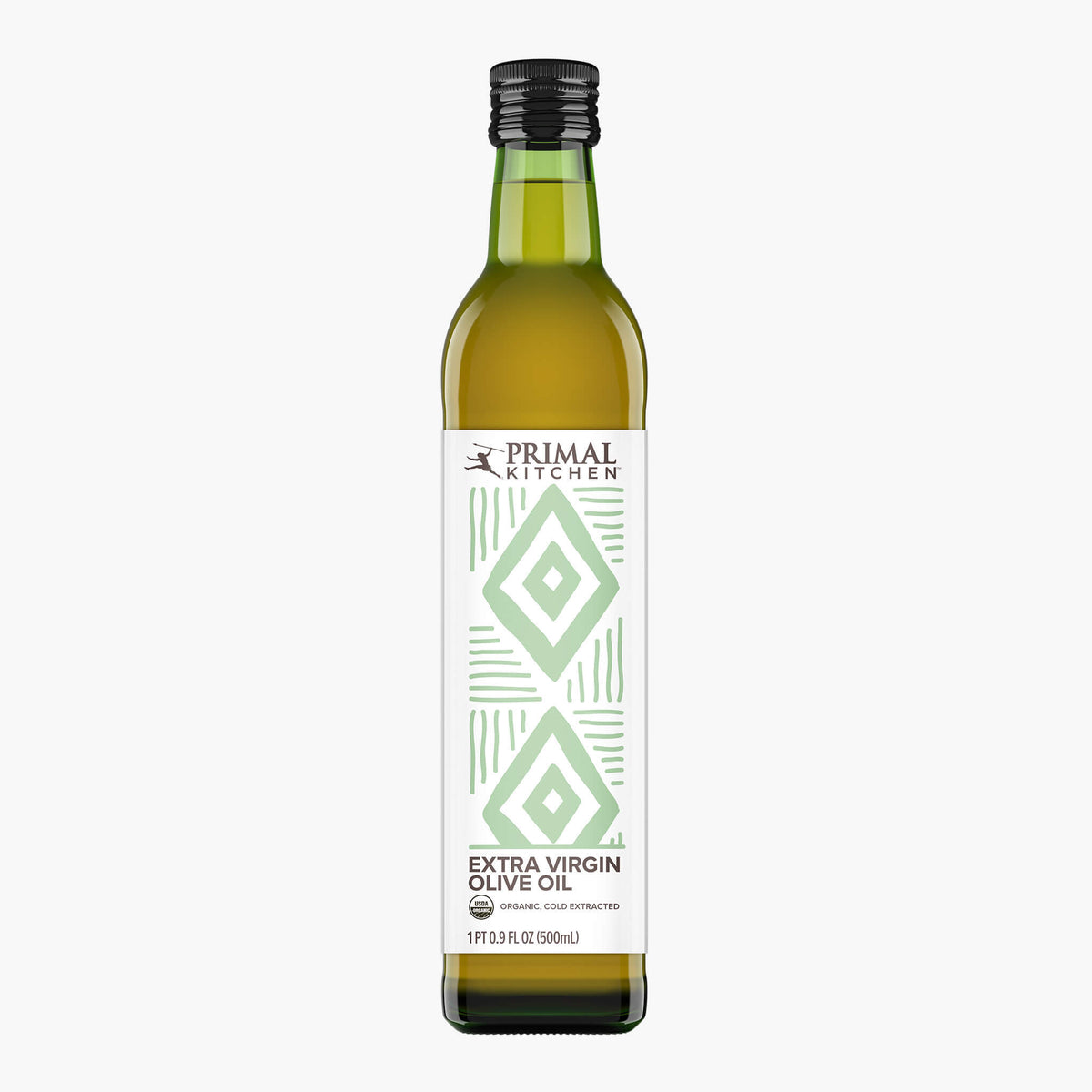Checking Out the Various Sorts Of Olive Oil and Their Usages, Including Additional Virgin Olive Oil
The expedition of olive oil includes a diverse variety of types, each offering unique flavors and culinary applications. Extra virgin olive oil, renowned for its remarkable top quality and wellness advantages, offers as a staple in several kitchens, yet it is only one facet of this complex component.
What Is Olive Oil?
Stemmed from the fruit of the olive tree, olive oil is a staple in Mediterranean cuisine and a key component in different culinary applications. This versatile oil is created by pushing entire olives, resulting in a liquid that differs in taste, aroma, and shade depending on the sort of olives made use of, the region of cultivation, and the extraction procedure. Olive oil is primarily made up of monounsaturated fats, especially oleic acid, which is recognized for its potential health and wellness advantages, including anti-inflammatory properties and cardiovascular support.
In addition to its cooking uses, olive oil has a long history of application in traditional medication and skin care, owing to its abundant antioxidant material (extra virgin olive oil benefits). The oil is usually made use of in dressings, marinates, and for cooking approaches such as sautéing and roasting. Its distinctive taste profile can enhance the taste of various recipes, making it a vital active ingredient for both home chefs and expert chefs
Furthermore, olive oil is commemorated for its duty in the Mediterranean diet, which is linked with numerous wellness benefits. As awareness of these advantages expands, olive oil remains to acquire appeal worldwide as an essential part of a healthy and balanced lifestyle.
Kinds of Olive Oil
Recognizing the different kinds of olive oil is essential for both culinary enthusiasts and health-conscious consumers. Olive oil is classified mainly based upon its removal approach and top quality, which significantly affects its aroma, taste, and health advantages.

Light olive oil, in spite of its name, refers to a lighter taste and not lower calories. It is excellent for those looking for a much more refined preference in dressings and marinades. Furthermore, there are flavorful olive oils instilled with natural herbs, flavors, or citrus, which can enhance dishes without the requirement for additional spices.
Each sort of olive oil offers details cooking purposes, and understanding these differences permits consumers to make educated options that align with their food preparation designs and health objectives.
Bonus Virgin Olive Oil
Bonus virgin olive oil (EVOO) is extensively regarded as the best olive oil offered, popular for its abundant taste and numerous health benefits. To be classified as extra virgin, the oil has to be produced from fresh olives using mechanical processes, without the use of solvents or extreme warmth. This meticulous technique preserves the oil's all-natural tastes, anti-oxidants, and healthy fats, leading to an item with a reduced level of acidity degree of much less than 0.8%.
EVOO is bountiful in monounsaturated fats, particularly oleic acid, which is connected to minimized swelling and boosted heart health. It likewise has polyphenols, powerful anti-oxidants that might use protective effects against persistent conditions. The taste profile of EVOO can vary considerably depending upon the olive selection and area of production, navigate here varying from fruity and verdant to durable and sharp.

Culinary Uses of Olive Oil

In food preparation, olive oil can be made use of for sautéing, roasting, and barbecuing, supplying a much healthier choice to butter or various other fats. Its high smoke point makes it appropriate for numerous cooking approaches, while its antioxidants add to a heart-healthy diet. Sprinkling olive oil over ended up recipes, such as pasta, fish, or grilled veggies, can raise tastes and include a touch of sophistication.
Moreover, olive oil plays a substantial function in baking, where it can change traditional fats in dishes for bread and pastries, imparting wetness and a refined preference. It also serves as a base for infused oils, allowing chefs to try out flavors such as garlic, herbs, or chili, better expanding its cooking capacity. On the whole, olive oil's flexibility makes it vital in both home and specialist cooking areas.
Deciding On Quality Olive Oil
When choosing quality olive oil, it's vital to take into consideration several essential elements that affect the product's aroma, wellness, and taste benefits. Most importantly, go with extra virgin olive oil (EVOO), which is stemmed from the first cold pushing of olives and has the highest degree of anti-oxidants and helpful substances. Try to find oils that are licensed by recognized companies, as this commonly ensures adherence to stringent quality requirements.
The packaging additionally plays a considerable function in i was reading this maintaining the oil's integrity. Pick oils kept in dark glass bottles or tins to secure against light destruction. Take notice of the harvest date; fresher oils supply premium taste and nutritional worth, so choose items that are within 18 months of their harvest.
Be mindful of the preference; a good top quality olive oil need to have an equilibrium of fruity, bitter, and peppery notes, indicating its splendor and intricacy. By examining these elements, you can ensure you are choosing the best olive oil for your cooking requirements.
Final Thought
In summary, the expedition of different kinds of olive oil reveals distinctive qualities and applications, with extra virgin olive oil standing here are the findings for the peak of quality as a result of its reduced acidity and high antioxidant web content. Its convenience in culinary uses enhances tastes in dressings, marinades, and showers. Comprehending the different selections of olive oil enables informed options in cooking approaches, advertising healthier techniques while enhancing the total gastronomic experience. Quality choice continues to be crucial for ideal benefits.
Obtained from the fruit of the olive tree, olive oil is a staple in Mediterranean food and an essential active ingredient in various culinary applications.The most usual kinds of olive oil include fine-tuned olive oil, pure olive oil, and light olive oil.Bonus virgin olive oil (EVOO) is widely related to as the highest possible quality olive oil offered, popular for its rich flavor and numerous health benefits. Choose for added virgin olive oil (EVOO), which is obtained from the initial cold pressing of olives and consists of the highest possible degrees of antioxidants and helpful substances.In recap, the exploration of numerous kinds of olive oil reveals distinct qualities and applications, with additional virgin olive oil standing for the peak of top quality due to its reduced level of acidity and high antioxidant material.
Comments on “Extra Virgin Olive Oil Benefits: The Key to Radiant and Youthful Skin”